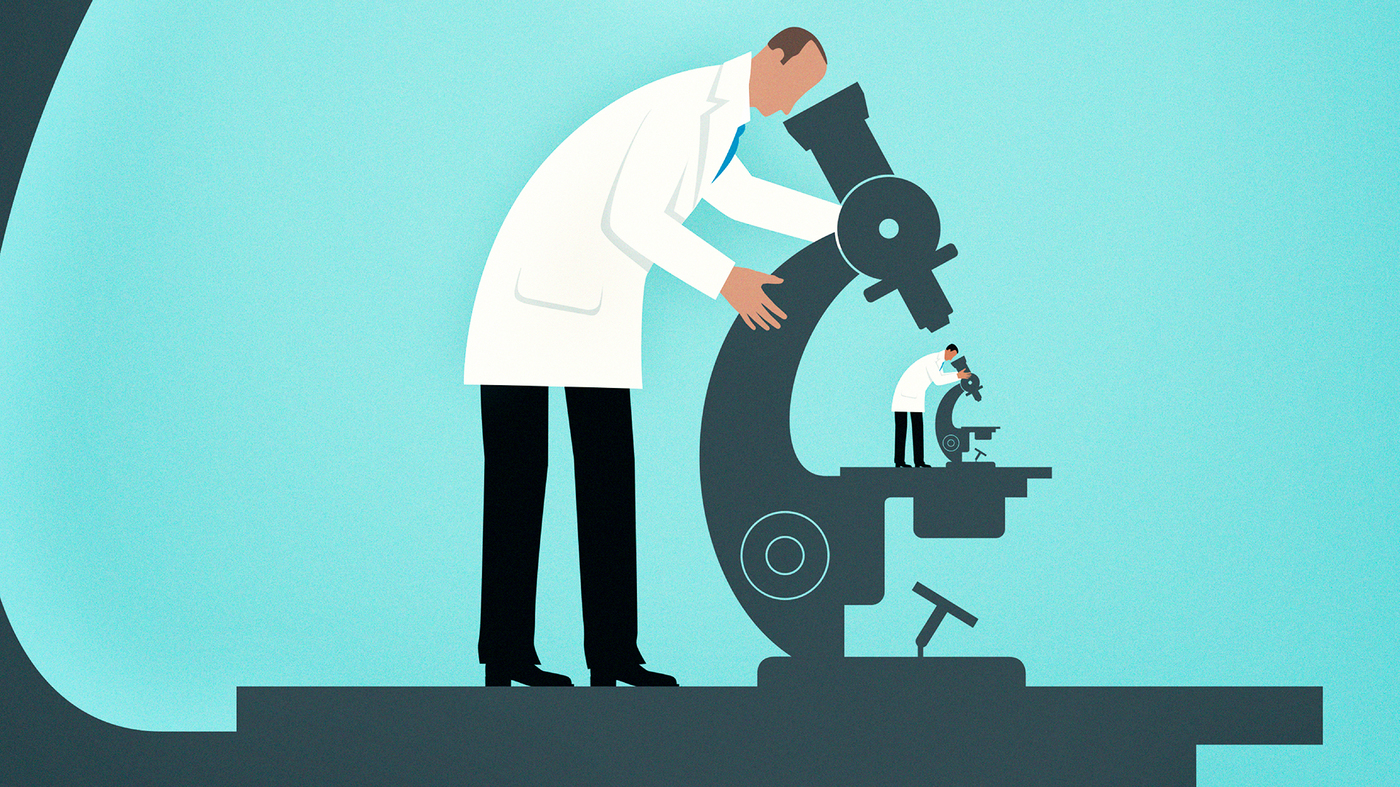A New Twist on Peer Review
eLife is conducting a trial in which authors will decide how to respond to the issues raised during peer review.
Send us a link
eLife is conducting a trial in which authors will decide how to respond to the issues raised during peer review.
One estimate puts the number of papers in questionable journals at 400'000.

Study says editors of major political science journals demonstrate no systematic bias against female authors. Yet women authors remain underrepresented in the field. Why?
Roughly two years ago, I began to sign every peer review I did for journals. It resulted directly from a review on an article that I received that had glaring issues and made me wonder "Would they have been this sloppy if they had to attribute their name to this work?"
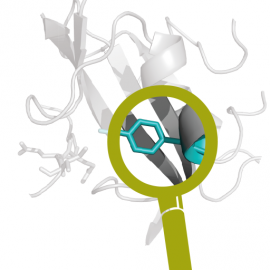
The new exposure of peer review information through its public API provides opportunities for discoverability, analysis, and integration of tools.

A randomized experiment of NIH R01 grant reviews finds no evidence that White male PIs receive evaluations that are any better than those of PIs from the other social categories.
Shorter deadlines, email reminders, and cash incentives can speed up the peer review process and minimize unintended effects, a recent study suggests. Can it work for other disciplines?
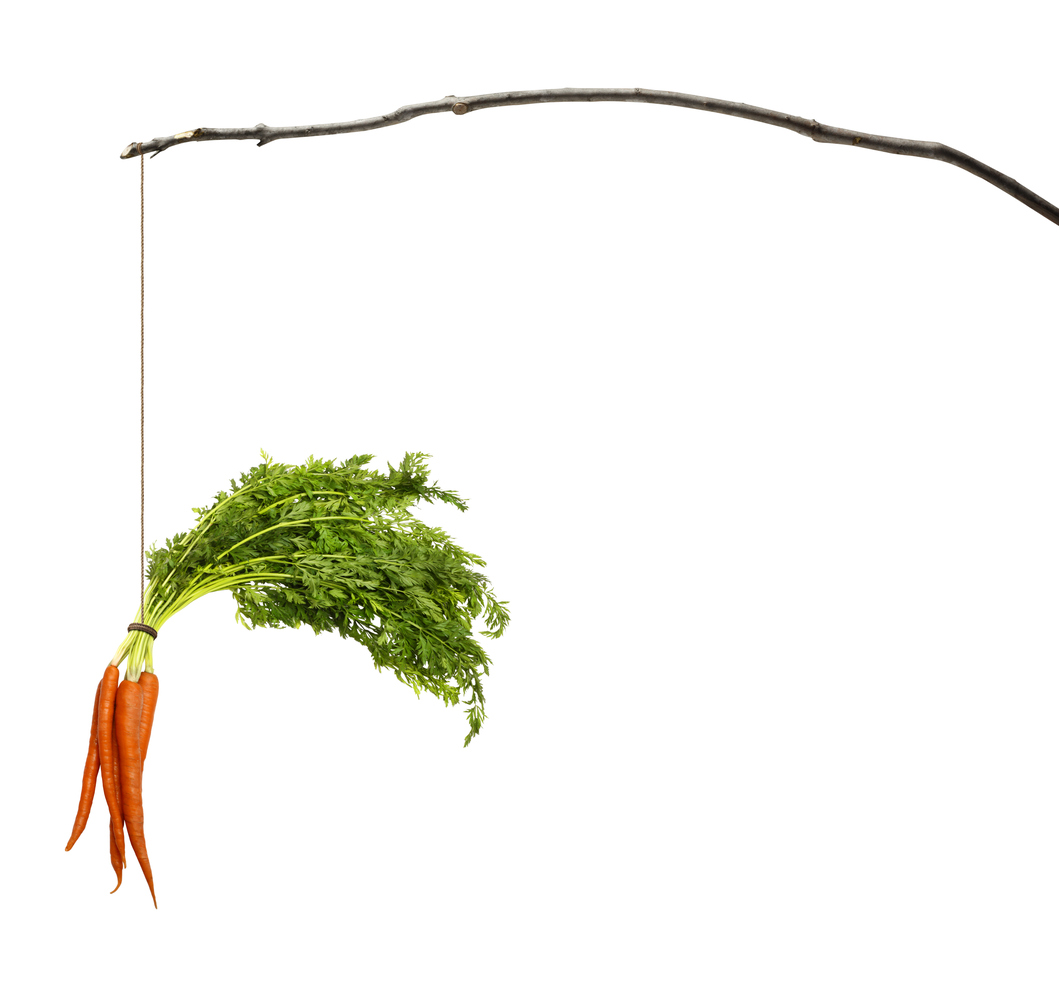
In a controlled experiment with two disjoint program committees, the ACM International Conference on Web Search and Data Mining (WSDM'17) found that reviewers with author information were 1.76x more likely to recommend acceptance of papers from famous authors, and 1.67x more likely to recommend acceptance of papers from top institutions.

Men were more likely to secure health research grants than women in Canadian study.

Peer review varies in quality and thoroughness. Making it publicly available could improve it.
Right now, the overwhelming majority of peer reviewers, the scientists who scrutinize the latest studies, aren't paid for their labor. This is completely ridiculous. Peer review may be the most important part of the scientific enterprise, and it is not incentivized monetarily.
Findings of a recent Academy of Management report that sought answers to these questions by surveying its 20,000 members and conducting a selection of in-depth interviews with prominent figures.

Discover enlightening reports about some of the most famous scientific papers, or read famous scientists considering the work of their peers.
Perspectives on the benefits of open peer review, and responding to concerns.
Open peer review is moving into the mainstream, but it is often poorly understood and surveys of researcher attitudes show important barriers to implementation. Tony Ross-Hellauer provides an overv…

Publons reveals which countries have the most - and the most prolific - female peer reviewers.

Some evidence showing that the more revisions a paper undergoes, the greater its subsequent recognition in terms of citation impact.

12 steps, relevant to both first-time peer reviewers and those keen to brush up on their skills.

The NIH announced in December 2017 that it would rereview dozens of applications that might have been compromised in terms of confidentiality.
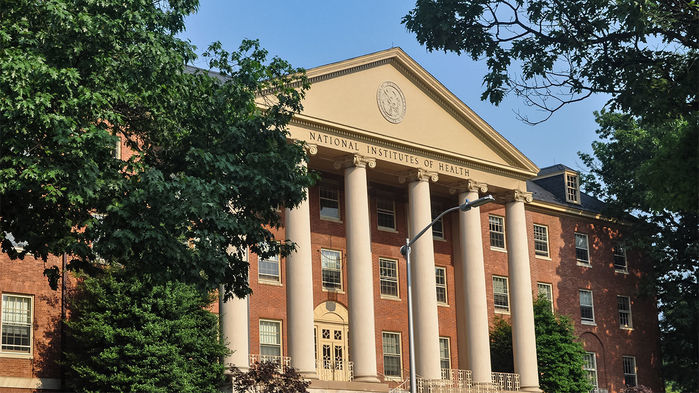
A short list of common issues that can delay a submission. Check your manuscript for these issues, and and then read our advice for how to fix them.

A flawed article claiming that manuscripts don't change much between being preprints and published articles somehow makes it through peer review unchanged.

Overlooking the need for paid Editorial Office staff hobbles many attempts to reform peer review.
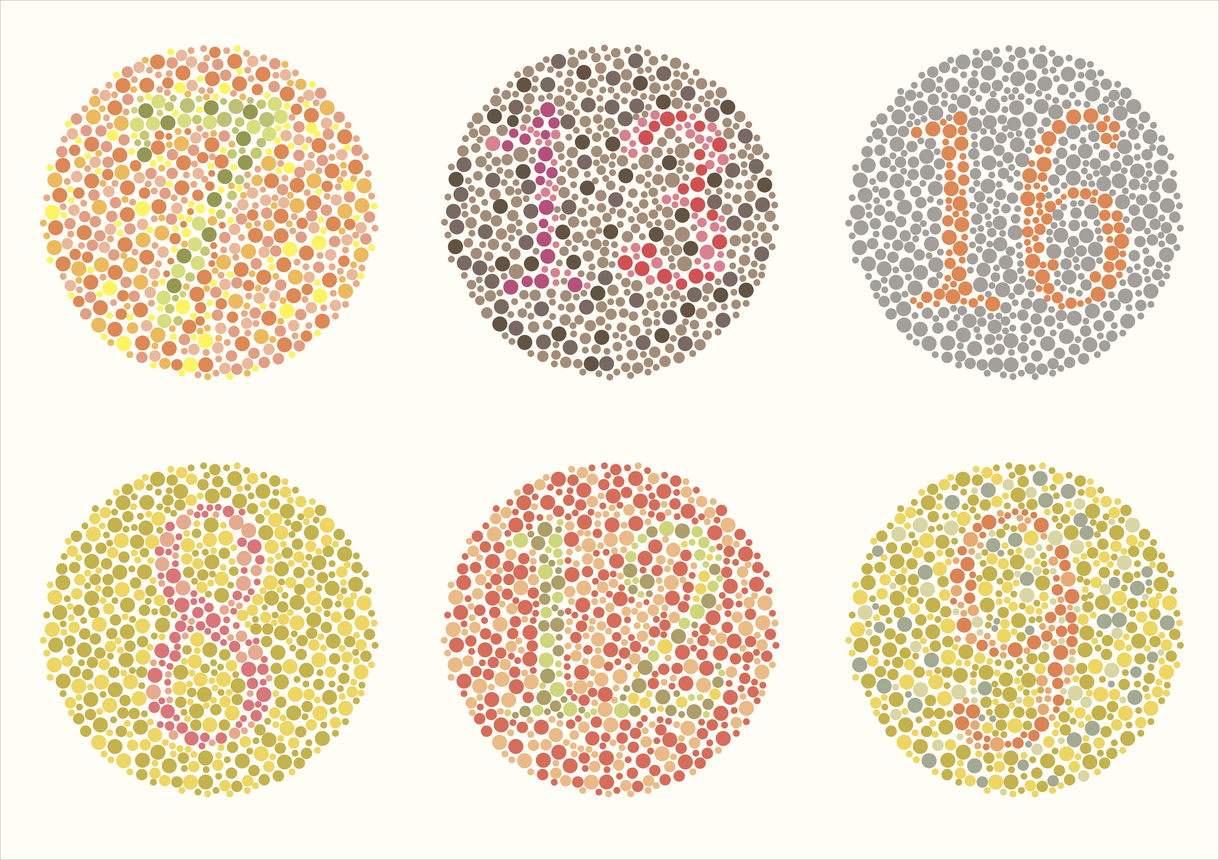
No agreement among reviewers regarding the quality of 25 NIH grant applications in either their qualitative or quantitative evaluations.
From efforts to increase the transparency of the review process to initiatives offering training, there are many attempts underway to make better reviewers out of researchers.
Reporting summaries help authors to provide important details before review.
When you criticize science in public, you are taking a complicated argument to people who don’t care very much about the work of someone who wishes you’d shut up. This can be difficult to navigate. Although it’s often ‘a complete pain in the taint’ more than just ‘difficult’.

Elsevier announced a partnership with a nonprofit named Hypothesis, which makes annotation software that lets readers make margin notes on online articles.
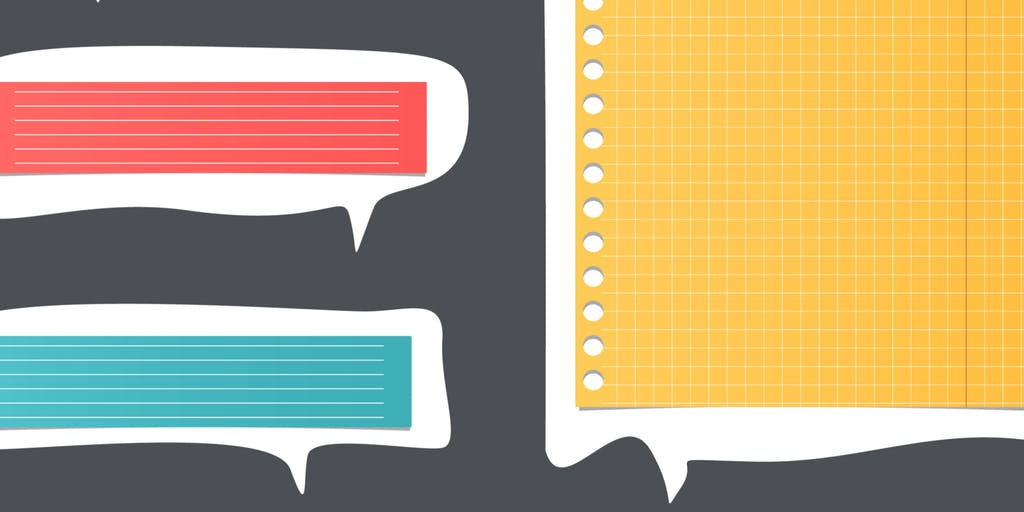
Survey reveals reluctance to take open peer review to the limit.
Some scientists want to change the old-fashioned way scientific advancements are evaluated and communicated. But they have to overcome the power structure of the traditional journal vetting process.
